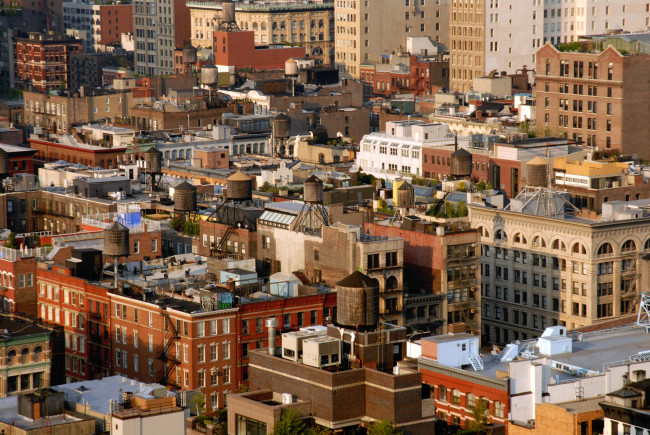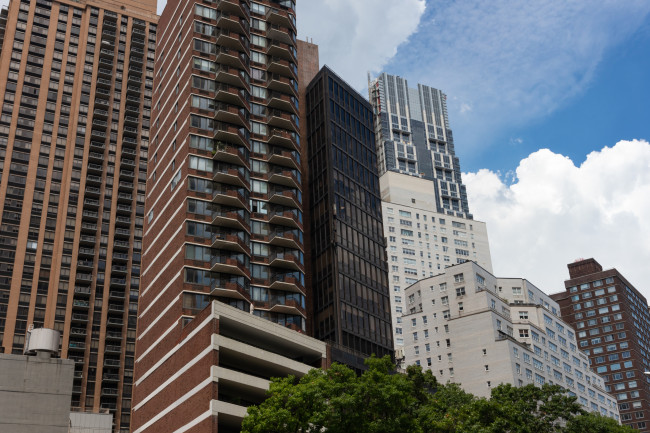What is an underlying mortgage when you're buying in a co-op building?
- An underlying mortgage is a commercial real estate loan offered to co-op buildings
- Condos do not have underlying mortgages but have access to other types of loans

An underlying mortgage is used by co-ops for capital improvements or to refinance an existing loan.
Inigo Tena/iStock/Getty Images Plus
An underlying mortgage is a commercial real estate loan offered to co-op buildings. It is typically used to pay for capital improvements or to refinance an existing loan on the building.
An underlying mortgage is also a first mortgage. In practice this means if the property was foreclosed, the proceeds from the sale would first go towards paying off the underlying mortgage before any other debts or obligations were paid.
When you buy a condo or townhouse you don't have an underlying mortgage. The financing you are offered is a first mortgage and the lender takes your real estate as collateral. When you buy a co-op unit, the financing available to you is called a share loan and it is backed by your co-op shares.
Underlying mortgages for co-op buildings
When you buy a co-op, it's important to find a lender who understands the unique structure of co-op buildings.
Co-op members own shares in a corporation, which in turn, owns the land and the building, says Ryan Greer, senior vice president at National Cooperative Bank (also a Brick Underground sponsor). "Unlike a condo, the entire property can be encumbered by a permanent, long-term loan. This financing vehicle is known as an underlying permanent mortgage or also referred to as a blanket mortgage," he says.
The underlying mortgage is secured by the land and the building. "The corporation, governed by a board of directors, is one entity and can be responsible to the lender for paying back the mortgage," says Ellen Sykes, a broker at Coldwell Banker Warburg.
The share loan you take out to help you pay for an individual co-op purchase comes in second behind the underlying mortgage on the entire building.
Condo buildings do not have underlying mortgages
Condo buildings do not have underlying mortgages because the condo owners—represented by the board—do not own the land and the building (just their individual condo apartments) so they can’t leverage the asset to borrow against it.
Sykes says a good way to think about this is to imagine a Lego tower with each brick representing a separate ownership of real property. "A condo has a board of managers that governs the association of all the owners, but since it is a bunch of individual properties, each with its own tax lot, lenders do not have one entity to loan to," she says.
"Condo boards can arrange to borrow for capital improvements, not with an underlying mortgage but with a commercial loan to the association,” Greer says. The collateral is the assessments placed on condo owners.
You Might Also Like




























